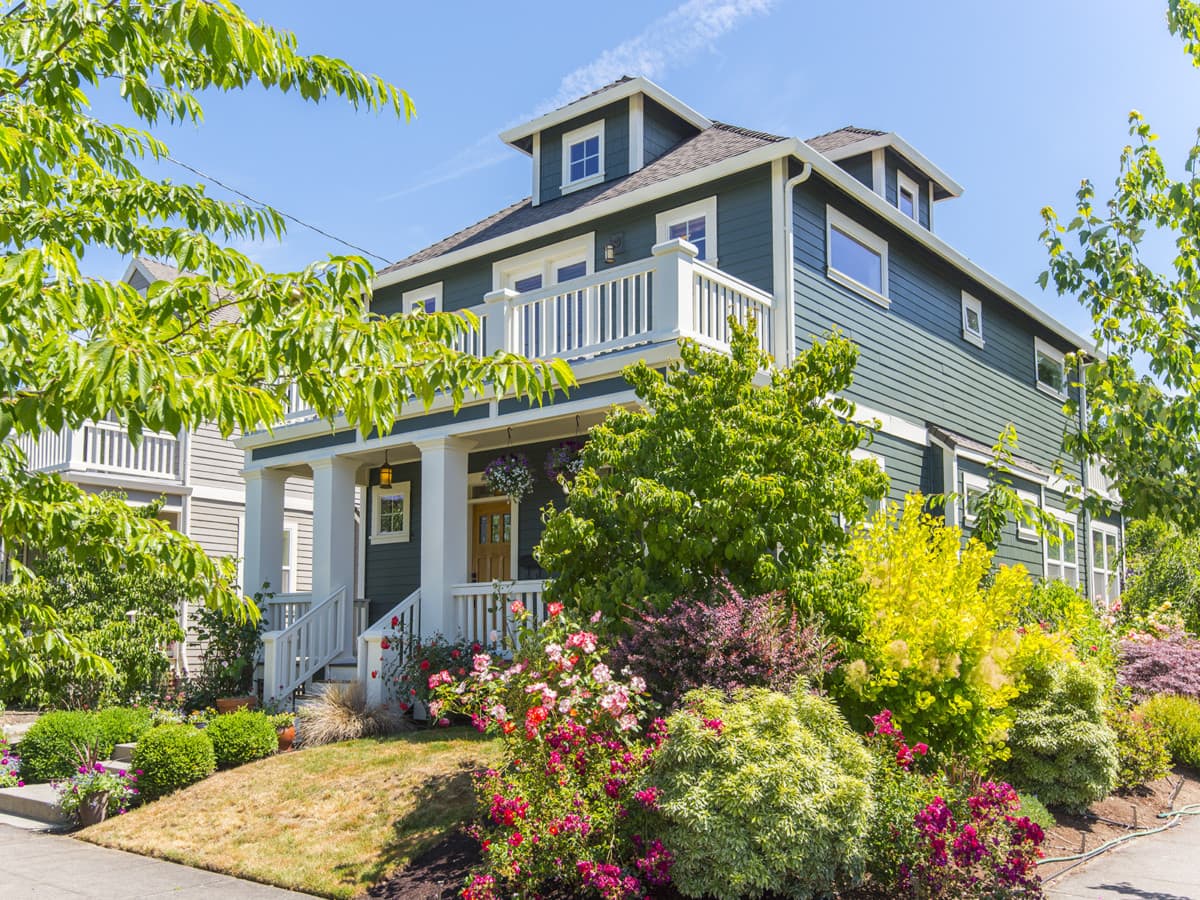
Buying a new home is an exciting and big decision, whether it’s your first rodeo or not. But before you dive too deep into furniture shopping, picking out new colors for your bathroom, or re-designing your backyard, you’ll want to budget for closing costs.
Closing costs are the fees and expenses associated with finalizing a real estate transaction and transferring ownership of a property from the seller to the buyer. If you’re feeling unprepared or overwhelmed, don’t worry. To help you budget for closing costs, this Redfin article will cover how much closing costs are in Massachusetts, who pays for them, and which costs you can expect to pay as a buyer and as a seller.
How much are closing costs in Massachusetts?
Before securing the keys to your new home, homebuyers will need to pay for closing costs. On average, closing costs in Massachusetts typically range from 2%-5% of the home’s purchase price. But it’s important to remember that this is just a range and the total amount will depend on a number of factors, such as the buyer’s loan program or negotiations made with the seller.
Let’s say you’re buying a home in Boston, where the median home sale price is $797,000. Based on this, you could expect closing costs to be between $15,940 and $39,850. Whereas if you’re buying a home in Milton, which has a median sale price of $955,000, closing costs could be anywhere from $19,100 to $47,750.
Who pays closing costs in Massachusetts?
In most areas, including Massachusetts, both the buyer and the seller will pay closing costs. But, each party’s closing costs amount will vary depending on what they are required to pay. Another thing to keep in mind is that buyers typically pay for closing costs out of pocket, while the seller’s closing cost payments are often deducted from the home sale proceeds.
Buyer closing costs in Massachusetts
Closing costs in Massachusetts for buyers typically range between 2%-5%. In most cases, you’ll pay earnest money, typically 1% to 3% of the home price, upon reaching mutual acceptance in your home purchase. This deposit is subtracted from your closing costs, reducing the total amount due at closing. Let’s break down some of the common closing costs covered by the buyer:
- Appraisal fee: Home appraisals, which typically range from $300 to $500, are usually paid for separately at the time of the service. However, if not, you’ll need to pay for this at closing.
- Inspection fee: Home inspections generally range from $300 to $500 – they can vary based on local rates and the property’s specific characteristics. If you don’t pay for the inspection at the time of service, this will need to be paid at closing.
- Loan origination fee: Most lenders charge a fee for creating your loan. Be sure to check with your lender what this fee covers and if it can be waived or negotiated.
- Loan processing fee: In addition to the origination fee, your lender may also charge a fee for processing your loan. This typically covers underwriting and related services. It’s recommended to discuss this fee with your lender to understand what this fee covers and if it can be waived.
- Loan discount points: If you buy discount points to lower your interest rate, you’ll pay a one-time fee at closing. These points can lower your rate by 0.25% to 0.5%, but consider your long-term homeownership plans before paying for a reduced rate.
- Private mortgage insurance (PMI): Required for down payments under 20%, PMI might involve an upfront fee at closing, depending on the loan type. It’s usually part of your monthly payment, but some loans offer the option to pay it as a one-time fee.
- Title insurance: Title insurance is a one-time closing cost, with buyers commonly paying for both lender and owner policies.
- Homeowners insurance: In Massachusetts, your annual homeowner’s insurance premium may be part of your closing costs.
- Homeowners Association dues: If your property is part of a homeowners association, you’ll likely pay one month’s dues upfront at closing. These fees vary and contribute to maintenance and operational costs.
- Property taxes: As part of closing costs in Massachusetts, you may be required to prepay a portion of your property taxes at closing.
Seller closing costs in Massachusetts
The closing costs covered by sellers in Massachusetts can vary, but below are some of the common fees and costs that a seller pays for:
- Real estate agent commission fees: These fees can be a significant cost for sellers. Commission fees may vary and are subject to negotiation. Sellers should discuss their options with their agent.
- Homeowners Association fees: If the property is part of an HOA, the seller may need to pay a variety of fees. These can include HOA transfer fees, outstanding dues, and possibly a fee for obtaining HOA documents required by the buyer. The exact fees will depend on the HOA’s rules and regulations.
- Property taxes: Sellers are responsible for any property taxes that have accrued but not yet been paid up to the closing date. These unpaid property taxes are typically prorated for the months that you owned the property.
- Title insurance: Owner’s title insurance is another common closing cost in Massachusetts paid for by the seller.
- Transfer taxes: Depending on the location and local regulations, sellers in Massachusetts may be responsible for paying state transfer taxes as well as potential local transfer taxes. Transfer taxes are typically based on the property’s sale price and are collected when ownership of the property is transferred from the seller to the buyer.
Median home sale price data from the Redfin Data Center during July 2024.





